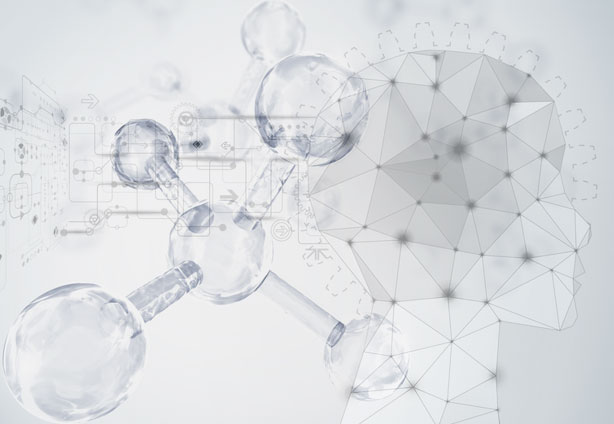

Catalyst informatics is proposed through the integration of experimental, computational, and data sciences with the objectives of discovering novel, innovative catalysts and elucidating the catalytic reaction mechanisms. This research is executed through catalyst database construction, transformation of data to knowledge through machine learning, and platform design, which all act as the pillars of catalytic informatics. In particular, the methane conversion process is targeted where innovative catalysts for methane conversion are explored and novel methane conversion processes are proposed using catalyst informatics. This research thus revolutionizes how novel catalysts are discovered and designed.